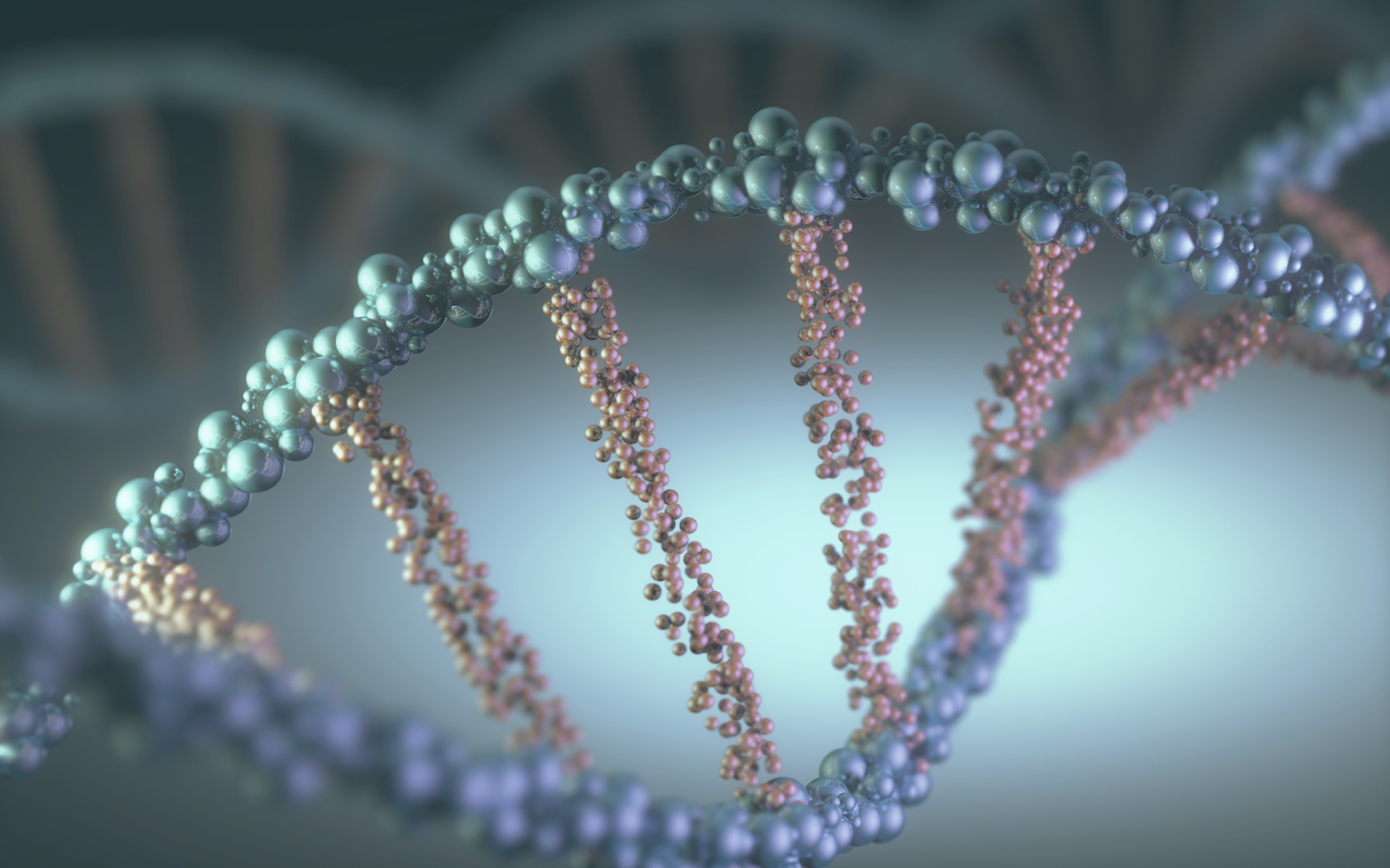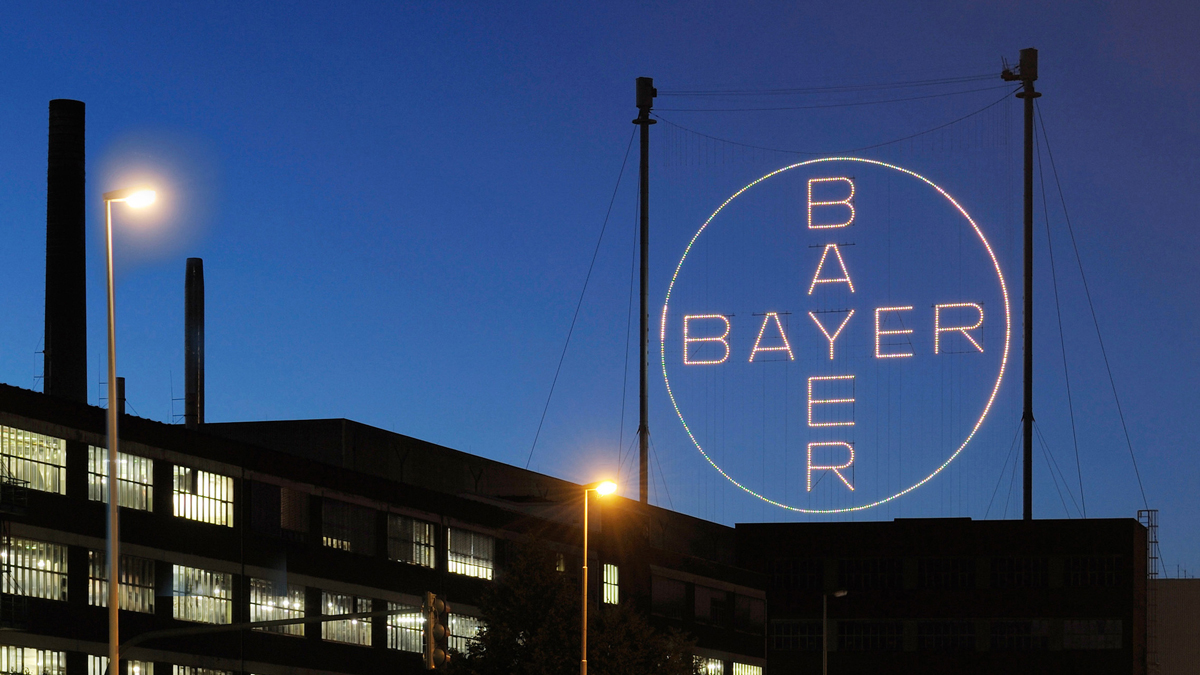Bayer unit BrainVectis cleared to start Huntington gene therapy trial

France's BrainVectis, a subsidiary of Bayer's Asklepios BioPharma (AskBio) unit, has been given the green light by regulators in France to start dosing patients with its gene therapy candidate for devastating neurodegenerative disorder Huntington's disease.
The phase 1/2 study is due to get underway before the end of the year and will test BrainVectis' one-shot BV-101 gene therapy, which will be delivered using an adeno-associated virus (AAV) vector directly to areas of the brain affected by Huntington's.
The therapy delivers CYP46A1, an enzyme that is reduced in the brains of people with the disorder that is involved in cholesterol metabolism and seems to play a crucial role in the pathogenesis and progression of neurodegenerative disorders.
In animal studies, the gene therapy has been shown to have a neuroprotective effect, repair a faulty cholesterol pathway, and restore physical function.
It is a different approach to that taken by uniQure with its AAV-based gene therapy AMT-130, which is designed to silence the huntingtin (Htt) gene, which when mutated produces a protein thought to be toxic to neurons.
In June, uniQure reported 12-month data with AMT-130 that backed its safety – an important consideration for AAV-based gene therapies in light of recent safety signals – but has yet to report any efficacy data.
"Unlike other attempts to treat Huntington's disease, BV-101 aims to restore cholesterol metabolism, reduce mutant huntingtin and to improve neuronal function," said Nathalie Cartier-Lacave, founder of BrainVectis and vice president of neurobiology at AskBio. "Importantly, BV-101 does not affect the levels of normal huntingtin protein in cells," she added.
The phase 1/2 trial will be an open-label, dose-escalation study that will test various doses of BV-101 in between 12 and 18 subjects. It will be led by Alexandra Durr, professor of genetics at the Reference Centre for Rare diseases-Neurogenetics in France.
AskBio acquired BrainVectis in 2020, ahead of its own $4 billion takeover by Bayer, which was part of a push by the Germany group into the regenerative cell and gene therapy space. In 2019, Bayer bought cell therapy company BlueRock Therapeutics, which was created in 2016 via a joint venture between Bayer and Versant Ventures.












